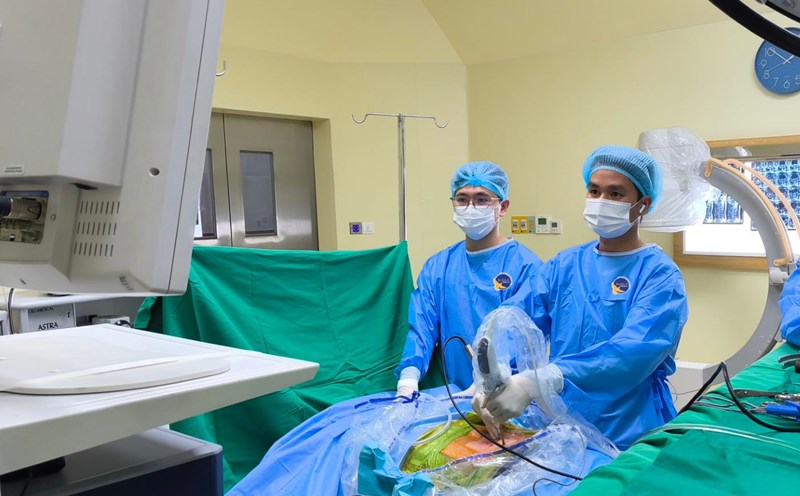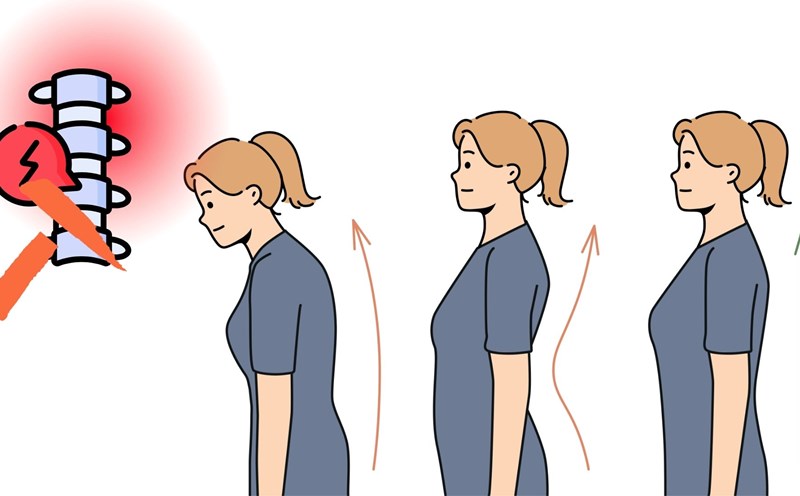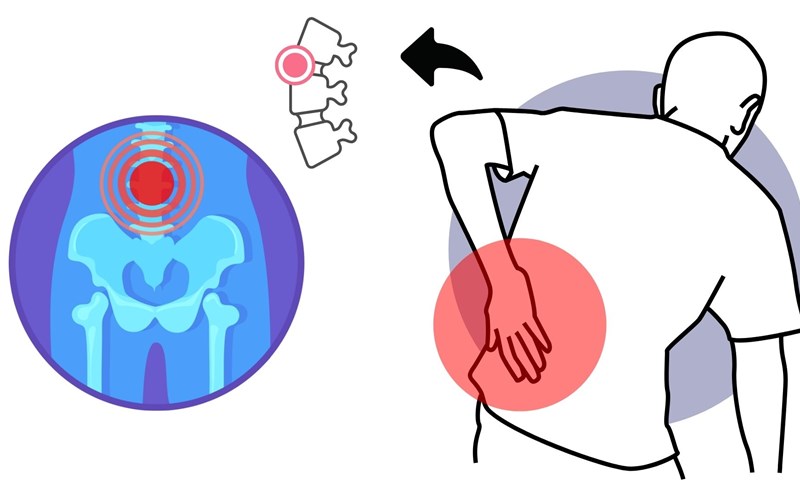Dr. Obaidur Rahman, an orthopedic surgeon at Dhaka National General Hospital (Bangladesh), has pointed out four common habits that can hinder the recovery process of the back or after injury, or in people with herniation or disc damage.
According to Dr. Rahman, consuming too much sugar, eating fried and processed foods, a low-protein diet, and staying in bed for too long all have a negative impact on the spine.
Back pain is not just a mechanical problem, but it is also related to metabolism. What you eat and how you live can determine the speed of recovery, Mr. Rahman emphasized.
Sharing the same view, Dr. Raju Vaishya, anortistics expert at Indraprastha Apollo Hospital (New Delhi, India), said that there is scientific evidence that consuming too much sugar and processed foods will increase inflammation in the body.
Inflammatory molecules such as cytokine and AGE can aggravate chronic pain, especially in the disc area that already has poor blood circulation.
Regarding a low-protein diet, Dr. Vaishya emphasizes: Protein deficiency causes muscles and discs to lack enough amino acids to regenerate, increasing the risk of lower back pain. Proper protein supplementation helps improve muscle strength and supports the recovery process after injury or surgery.
Meanwhile, sleeping too much is more harmful than beneficial. Spinal muscles will weaken, inner disc pressure will increase and nutrient flow to this area will decrease, causing degeneration to occur faster.
Balancing in movement is key. Excessive rest only slows down recovery, Mr. Vaishya warned.
To support the recovery process of back pain, experts recommend maintaining gentle physical activity such as walking, swimming, yoga... and combining exercises to strengthen the core muscles.
At the same time, stretching, maintaining correct posture, applying physical therapy or manual therapies also bring positive results. Non-medicinal measures such as hot/cold compresses, acupressure, and electrical stimulation can help relieve pain.
Regarding nutrition, limiting sugar and processed foods, a diet rich in protein, vitamin D, calcium and anti-inflammatory foods from fruits, green vegetables, and healthy fats will contribute significantly to the process of regeneration and maintenance of spinal health.
Rehabilitation for back pain depends not only on medicine or rest, but also requires a comprehensive change in eating habits and daily activities.










